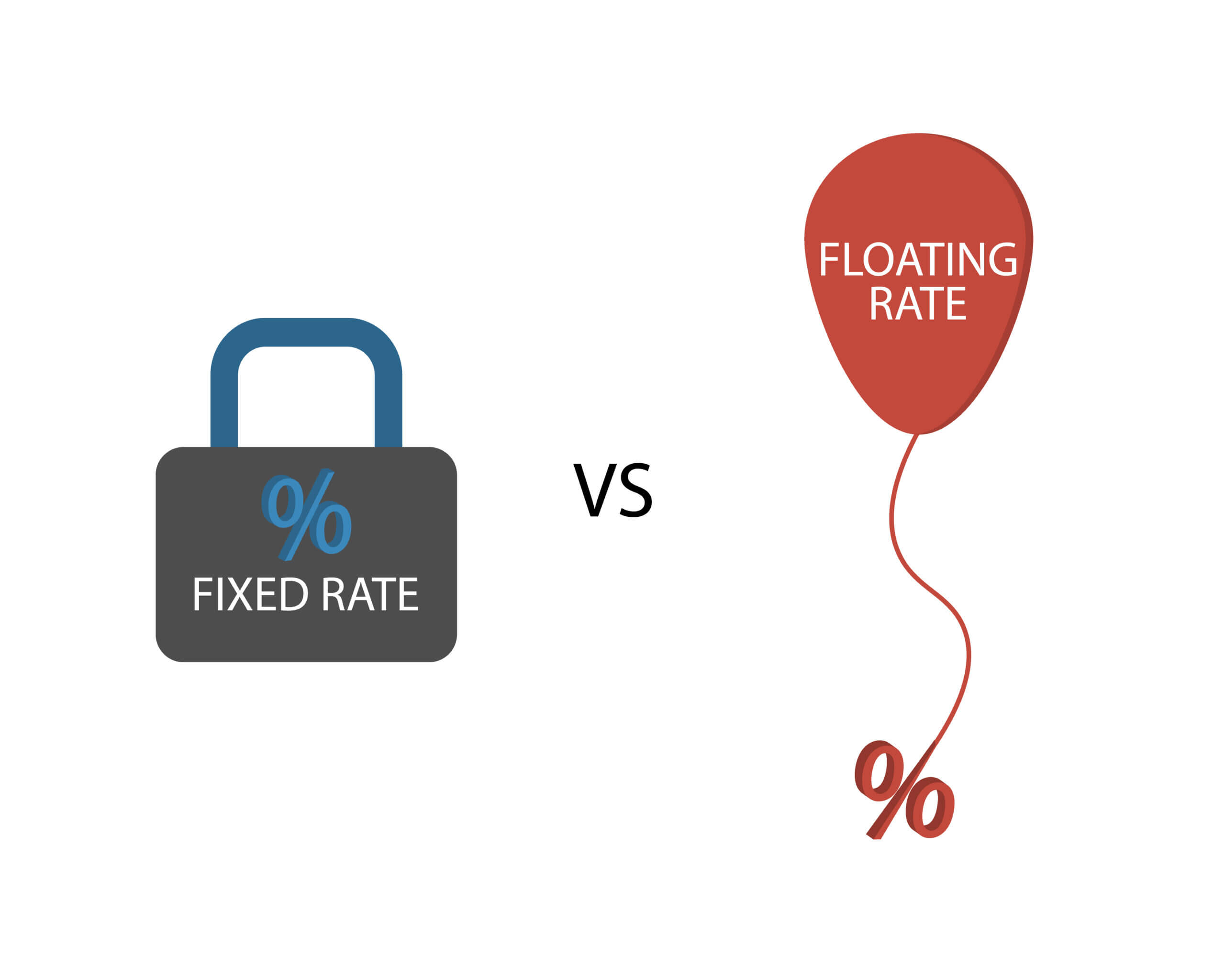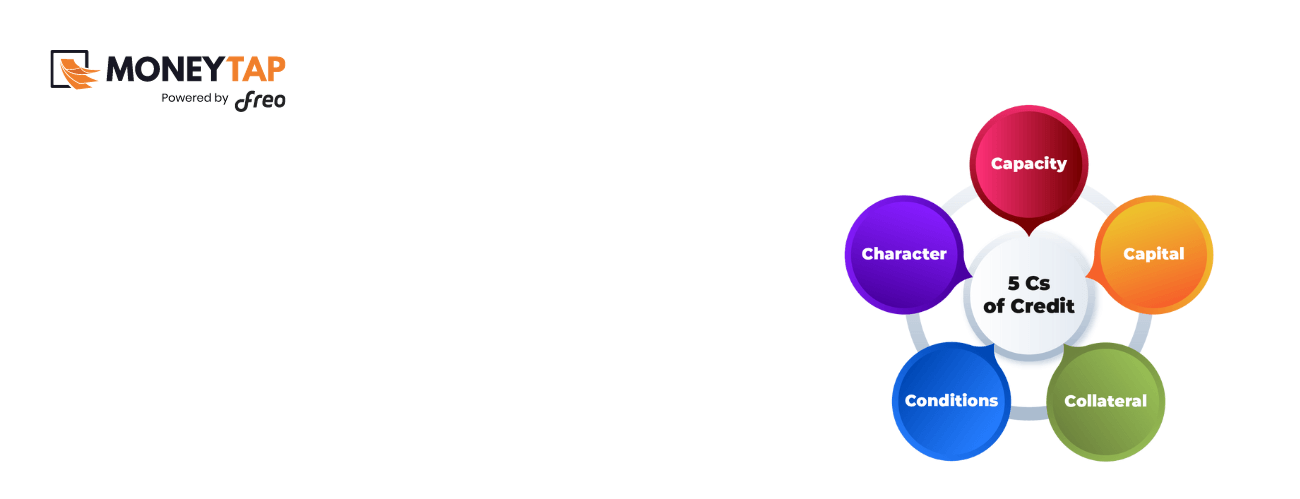Topic
- Around India with MoneyTap 1
- Consumer Durable 1
- Credit Cards 32
- Credit Score 27
- Finance 33
- General 52
- Know MoneyTap Better 26
- MoneyTap 50
- MoneyTap in Daily Life 38
- Personal Loan 86
- Shopping on EMI 4
- Wedding Loan 1
So, you’re on the exciting journey of securing a home loan, but there’s a critical decision staring you in the face – fixed or floating interest rate? It’s a common dilemma, and both options come with their unique set of advantages and drawbacks. In this article, we’ll break down everything you need to know to make an informed choice that suits your financial goals.
Understanding Fixed Interest Rate
Let’s start with the basics – a fixed interest rate means just that, it stays constant throughout your loan tenure. No surprises, no roller-coaster rides with market fluctuations.
Advantages of Fixed Interest Loans
-
Shielded from Market Volatility
When you opt for a fixed interest rate, consider yourself protected from the crazy ups and downs of the market. No need to stress about market dynamics affecting your interest rate – it’s like having a financial security blanket.
-
Better Financial Planning
With a fixed interest rate, your monthly EMIs remain constant. This stability makes financial planning a breeze. No unexpected spikes in payments mean you can plan for other life goals and day-to-day expenses without breaking a sweat.
-
Peace of Mind
The certainty of fixed EMIs provides a sense of peace. You won’t be losing sleep over fluctuating interest rates; it’s a straightforward, peace-of-mind deal.
Disadvantages of Home Loan Fixed Interest
-
Higher Rate of Interest
The stability comes at a cost. Fixed-rate home loans usually carry a higher interest rate compared to their floating counterparts, potentially increasing your overall repayment amount.
-
Prepayment Penalty
If you decide to clear your loan ahead of schedule, brace yourself for a potential prepayment penalty. This drawback adds an extra layer of cost if you aim to be debt-free sooner.
Understanding Floating Interest Rate
Now, let’s flip the coin and look at floating interest rates. As the name suggests, these rates can float around, changing with the market conditions.
Advantages of Floating Interest Rate
-
Lower Interest Rates
The good news is that floating rates are generally lower than fixed ones. You might start with a lower EMI, saving you some cash in the early days.
-
Reduction in Total Interest Outgo
Picture this: if market rates drop, your borrowing costs drop too. It’s like catching a break – you end up saving a good chunk on total interest payments.
-
No Prepayment Penalty
Wanna be debt-free sooner? No problem. With a floating rate, you can make those extra payments without any penalty hanging over your head.
Disadvantages of Floating Interest Rate
-
Difficult to Plan and Budget
The constant change in interest rates makes budgeting a bit tricky. Your EMI might be low one month and significantly higher the next if market rates take a leap.
-
Subjected to Market Dynamics
Floating rates are tied to market factors beyond your control. Unforeseen circumstances can lead to rate hikes, turning your once-affordable loan into a pricier commitment.
While floating interest rates tend to be a popular choice, the decision ultimately rests on your shoulders. Dive into the details, weigh the pros and cons, and leverage online tools like floating interest rate calculators for a clearer picture. Feel free to chat with a lender too – they can provide valuable insights tailored to your specific situation.
There you have it – a deep dive into the world of home loan interest rates. Whether you’re Team Fixed or Team Floating, the key is to make an informed decision. Your loan journey is like a personalized adventure, and knowing the pros and cons helps you navigate the twists and turns. So, buckle up, make your choice, and let the home loan adventure begin!
FAQs
-
Can you switch between fixed and floating rates?
Yes, you can switch, but beware of the conversion fee, which might be up to 2% of the loan amount. It’s a decision that impacts your EMI, so think it through.
-
Do NBFCs offer both fixed and floating rates on home loans?
Yup, they do! But it depends on the lender, so check with them to know your options.
-
What about personal loans – fixed or floating?
Good question! Personal loans give you the choice of either fixed or floating rates. It’s all about what suits your financial style.








 Get it on playstore
Get it on playstore Get it on appstore
Get it on appstore